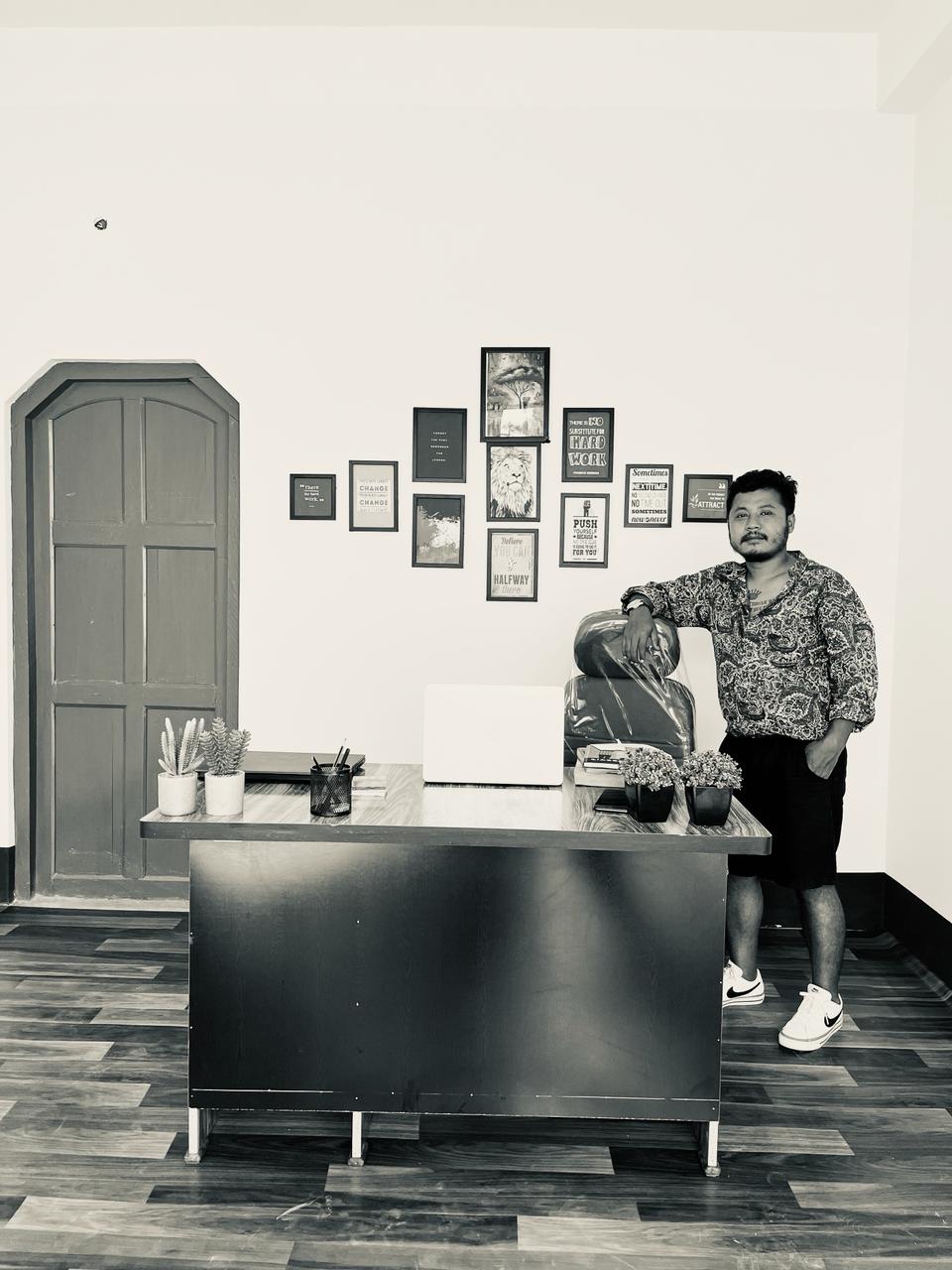Trademark Hearings in India are vital as they provide an opportunity for trademark applicants to defend their applications against objections raised by the Trademarks Registry or third parties. These hearings enable applicants to provide further evidence and arguments supporting their applications, which can help ensure that they are accepted. They also provide an important forum for resolving disputes over the rights to use trademarks in the country, helping to ensure that trademark owners are adequately protected.
The person who delt with me was very professional he spoke clearly and was very thorough in explain the policy I bought.

Mahesh
Trademark registration process provides a certain time period for the general public and other competitors to express their objections. In order to remove the suggested objections on a trademark under review, a report has to be made public after trademark registration. Subsequently a trademark hearing is also conducted before the registrar of trademarks. During the trademark hearing, it is crucial to be physically present with a legal representative. Trademark objection is very important and if the registrar authority is not satisfied with the response filed against the objection, the trademark registration will be cancelled and the trademark certificate will not be issued on time
Each state and union territory has been assigned to one of the five zones that comprise the regional jurisdiction for trademark applications and hearings:
• Chennai
Andhra Pradesh, Tamil Nadu, Telangana, Kerala, Karnataka, Lakshadweep Island, and the Union Territories of Pondicherry.
• Mumbai
The state of Madhya Pradesh, Maharashtra, Goa, and Chhattisgarh.
• New Delhi
Jammu and Kashmir, Haryana, Punjab, Uttar Pradesh, Delhi, Himachal Pradesh, and the Union Territories of Chandigarh and Uttarakhand.
• Ahmedabad
Rajasthan, Gujarat, Dadra, Diu, Daman, and Nagar Haveli.
• Kolkata
Assam, Bihar, Arunachal Pradesh, Manipur, Orissa, West Bengal, Mizoram, Sikkim, Meghalaya, Tripura, Jharkhand, and the Union Territories of Andaman & Nicobar Islands and Nagaland are all included.
The concerned director may postpone a trademark hearing to allow for an appearance, or it may be stopped or postponed unilaterally by filing a TM-M application at least three days prior to the hearing period. If an applicant fails to appear for a trademark hearing, the concerned administrator may postpone it up to three times before rejecting their application.
At LEGASERV CONSULTANT we provide trademark hearing services to help businesses protect their valuable trademarks. Our team of experienced IP lawyers is dedicated to providing the highest quality legal service to ensure the trademark registration process goes smoothly.
When a trademark hearing is necessary, we appoint an IP lawyer to the job responsible for collecting the required supporting documents from the client and uploading them to the registry. After that, we wait for the hearing date to be allotted by the registry. Once the date has been set, we attend the hearing and present our defence.
Our IP lawyers are highly experienced in trademark hearings and understand the importance of building a strong case on behalf of our clients. We use the latest technology and industry best practices to ensure the hearing is conducted efficiently and successfully.
We understand that attending a trademark hearing can be stressful, and our team of IP lawyers are dedicated to ensuring the process is as stress-free as possible. We provide our clients with detailed information about the hearing process so that they can make informed decisions.
At LEGASERV CONSULTANT, we strive to provide our clients with the best possible service. Our IP lawyers are committed to providing the highest quality legal advice and representing our clients in trademark hearings. We work hard to ensure that our clients’ trademarks are protected and that they receive a successful outcome from the hearing.
faqs
A trademark hearing is a formal meeting between the trademark applicant and the trademark Examiner from the Trademark Office, in which the Examiner reviews the trademark application to determine whether it meets the requirements for registration.
A trademark hearing is typically requested when the Examiner has determined that the trademark application does not satisfy all the requirements for registration. If the Examiner has questions or concerns about the application, they may request a hearing to discuss them.
Attending a trademark hearing is important because it allows the applicant to provide additional information to the Examiner, which may help address any concerns the Examiner may have.
The applicant should attend the trademark hearing. If the applicant cannot participate in the hearing, they may designate an authorized representative, such as an attorney, to attend the hearing on their behalf.
After the hearing, the Examiner will make a determination as to whether the trademark application meets the requirements for registration. A Certificate of Registration will be issued if the Examiner decides to register the trademark.
Suppose the trademark is accepted during the hearing. In that case, the trademark application status will change to “Accepted and Advertised.” It will then be published in the Trademarks Journal for four months before registration.
If the Examiner rejects the trademark during the hearing, the applicant has the right to appeal to the Intellectual Property Appellate Board within three months.
Yes, the Examiner may request that the applicant make amendments to the trademark application before registration can be granted.
Ready For Show Cause Hearing” is a status assigned to a trademark application when the Examiner has determined that the application requires further review. The applicant will then be required to attend a hearing to explain why the trademark should be granted registration.
If a trademark hearing is skipped, the Examiner may reject the application.
If the applicant does not wish to attend the hearing, they may designate an authorized representative, such as an attorney, to attend the hearing on their behalf.
